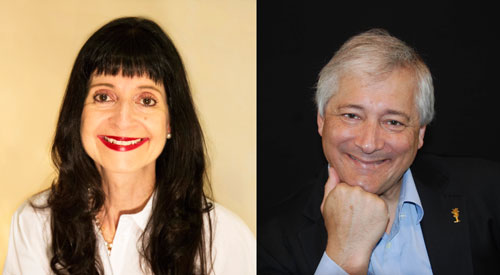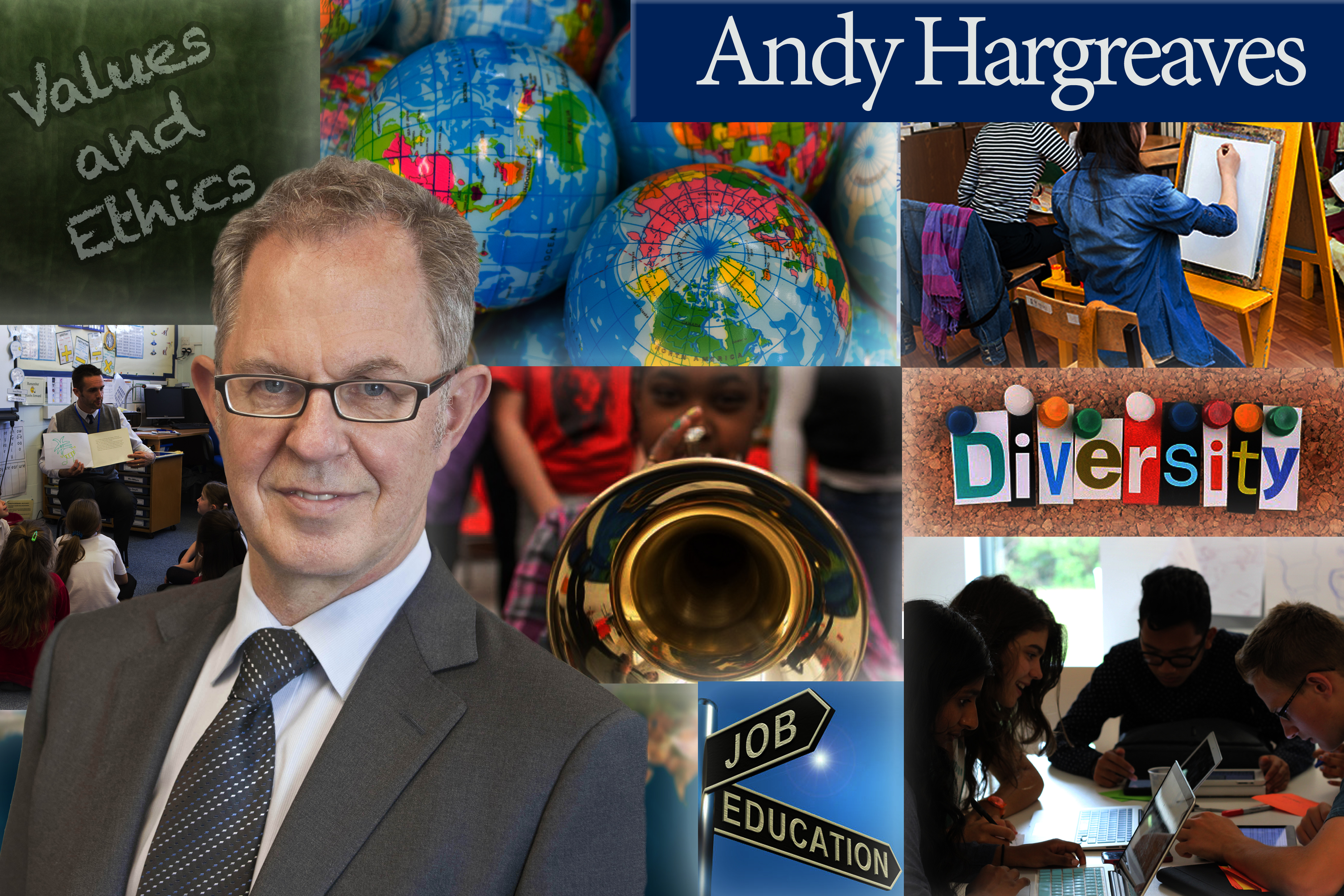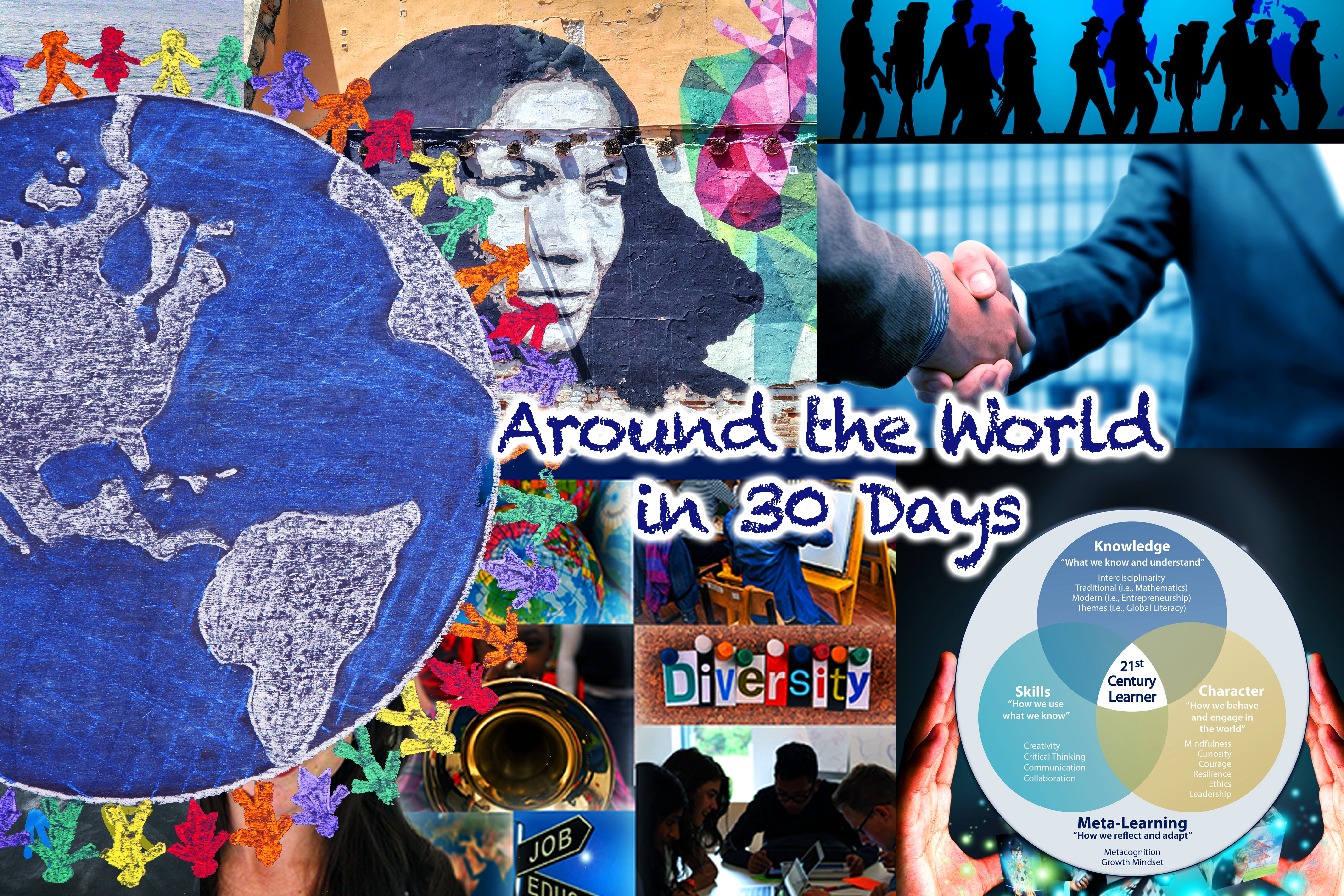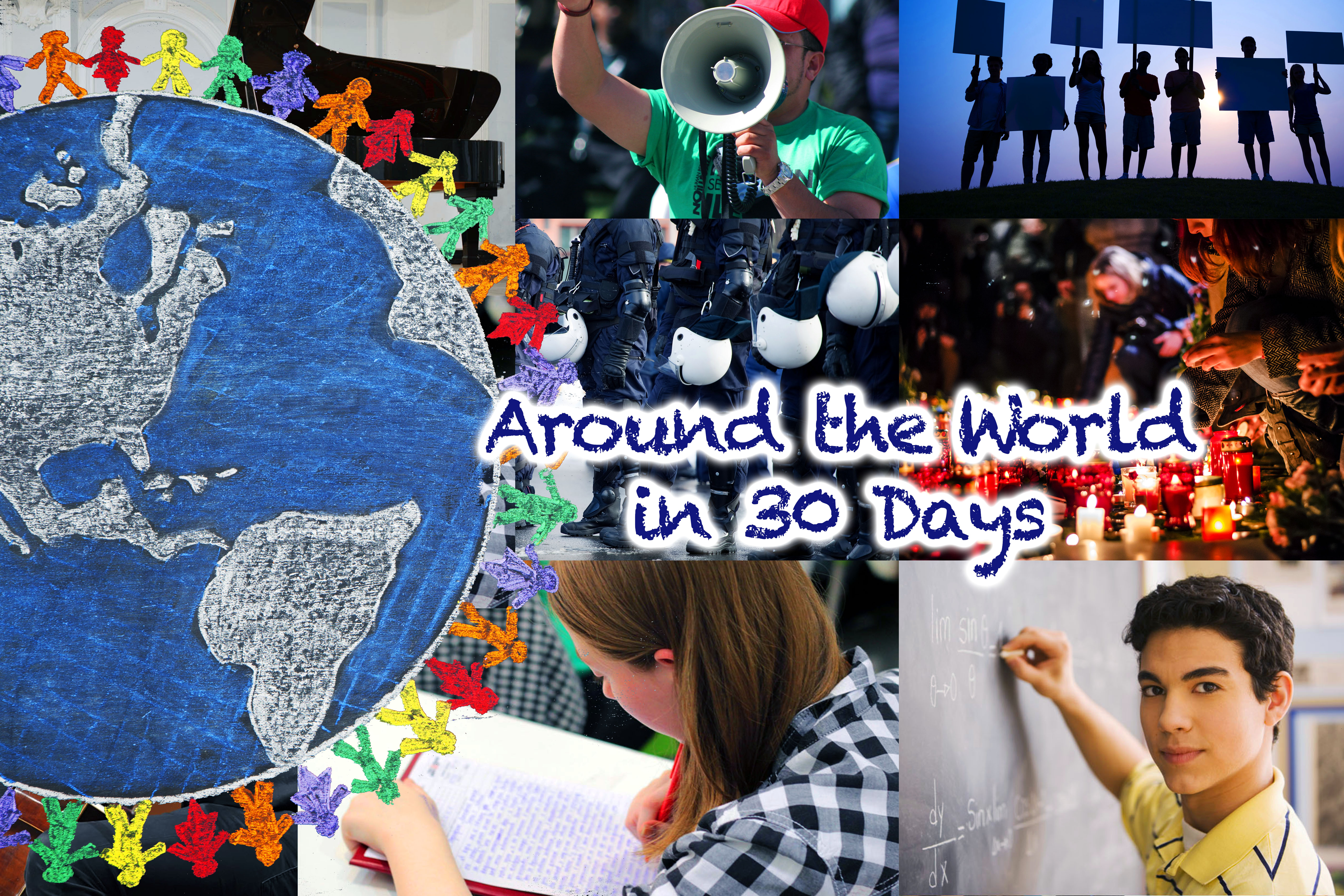
After the Pandemic: “We will return to physical workplaces and face-to-face training because it is indispensable.
Classrooms all over the world are looking for better ways to teach team collaboration skills. Imagine a group of students gathered together, entweder persönlich oder virtuell, to engage and collaborate on a high-level task or assignment or to discuss and debate an issue. This will lead to them making shared decisions and possibly even designing a prototype for a new product or service.
In the business world, team collaboration skills seem to be on every employer’s top ten most wanted skills list. It’s hardly surprising that software and training for this is on the rise. John Three, the CEO of Team Results USA, says his programs contain no lectures, no Legos and not a single PowerPoint. Instead, teams are given an imaginary crisis to resolve over a 2 day period. In John’s words, “Practice is the best preparation.”
Die globale Suche nach Bildung welcomes John Three to learn more.

After the Pandemic: “We will make better use of virtual technologies and training, with less resistance from bosses.
John, what kinds of simulation and activities can participants expect from your program, and how do you select the appropriate project?
You’ll answer a few questions about your workplace and what behaviors are needed from the team, and then we’ll custom design a two-day project that rehearses those behaviors.There are over 5000 different design variants available — all challenging and exciting hands-on jobs worthy of adults. The activities are always in support of a single simulated, two-day mission and tests the needed team workplace behaviors to the limit. There is no risk or physical stress though, just a lot of thinking and teamwork.
How do you assess and measure?
The two biggest areas in which the training industry has failed the corporate world are firstly in offering the same old content time and again in slightly different packages, and secondly in poor measurement of the results. We developed an instrument called Team Dashboard™ to measure real behavioral results back at work, and to show how these apply to actual work needs. We also do free and unlimited follow-ups.
After the Pandemic: “We will abandon the classroom, a 200-year-old idea, in favor of simulation-based training.”
How has the pandemic affected your program design? Please share 5 predictions for the future use of technologies such as yours.
The pandemic has spurred us to emphasize a Virtual, Fully-Online version of our Team and Leadership Programs which we have, tatsächlich, offered for years. These are proving very popular in the interim as people wait for a clear sign on the timing and nature of a return to work. The technologies in question are the platforms used for Simulation. For these, we offer the following five predictions:
- We will return to physical workplaces and face-to-face training because it is indispensable.
- We will make better use of virtual technologies and training with less resistance from bosses.
- We will abandon the classroom, a 200-year-old idea, in favor of simulation-based training.
- We will change jobs so often that sometimes we’ll have to fund our own professional development.
- For employer-provided development, regular workers will demand the same quality of training that executives get, and they won’t work for employers who don’t offer it. At present, we are creating a new underclass of opportunity-rich and opportunity-poor by offering cheap, mass-produced training to the people we don’t care about as much. Alvin Toffler was right.

C.M. Rubin and John Kolm
Vielen Dank an unsere 800 Plus globale Beiträger, Lehrer, Unternehmer, Forscher, Wirtschaftsführer, Studenten und Vordenker aus allen Bereichen für den Austausch Ihrer Perspektiven auf die Zukunft des Lernens mit Die globale Suche nach Bildung jeden Monat.
C. M. Rubin (Cathy) ist der Gründer von CMRubinWorld, ein online Verlag konzentriert sich auf die Zukunft des globalen Lernens, und das Mitbegründer von Planet Classroom. Sie ist Autorin von drei Bestsellern Bücher und zwei viel gelesene Online-Serien. Rubin erhielt 3 Upton Sinclair Auszeichnungen für „Die globale Suche nach Bildung“. Die Serie, welche Fürsprecher für die Jugend, ins Leben gerufen wurde in 2010 und bringt aufstrebenden Vordenker aus der ganzen Welt den Schlüssel zu erkunden Bildungsfragen von Nationen konfrontiert.
Folgen Sie C. M. Rubin auf Twitter: www.twitter.com/@cmrubinworld





Jüngste Kommentare